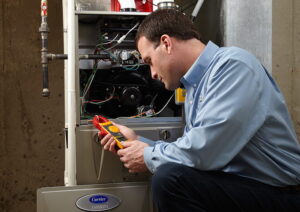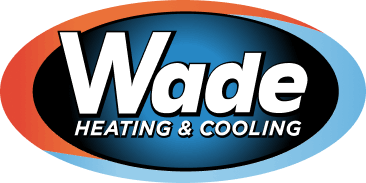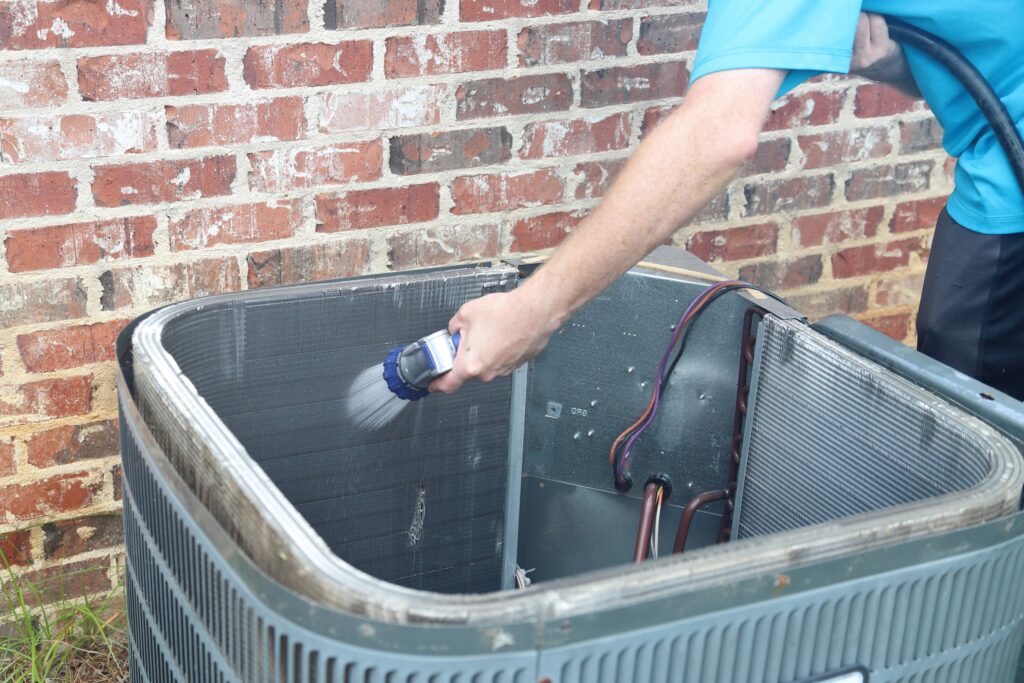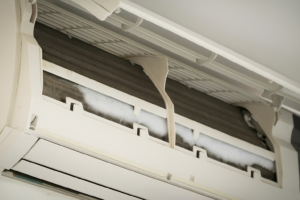Gas and electric systems offer very different experiences, from energy costs to how they heat your space. Know how each system works. This helps you make choices with assurance, whether you’re buying a new home and want new appliances or replacing an old system. If you’re unsure, Wade Heating & Cooling in Pittsburgh, PA, can help. They’ll guide you on what fits your home layout, energy use, and heating habits.

What Changes When You Switch From Electric To Gas
Switching from electric heat to gas changes more than your utility bill. It changes how your home heats, how fast it warms up, and what kind of maintenance you need to think about. A gas furnace uses combustion to generate heat. That means you will need a natural gas line and venting for exhaust. If your home has never had gas service, you’ll want to price out that infrastructure before you dive into furnace models. Even in homes that already have gas for a water heater or stove, your installer will need to check whether the supply line can support a furnace, too.
Once it’s installed, gas tends to heat a space in a short amount of time. When the burner kicks on, hot air starts moving fast through your ductwork. Electric systems work in a different way. Instead of combustion, they use electric resistance coils to produce heat. It’s slower and sometimes more gradual, especially in colder rooms. Switching from baseboard or electric air handlers to gas can change how your home feels five minutes after the heat turns on.
Upfront Installation Costs and Long-Term Payback
Electric furnaces tend to cost less to replace than gas units, especially when you’re starting fresh. You won’t need to pull permits for gas hookups, cut vent holes, or upgrade combustion air systems. For the most part, it’s electrical work, and in homes with newer panels, it often proceeds at a fast pace. The trade-off comes later in your utility bills. Electricity costs more per unit than gas in most areas. Electric systems are efficient, but the price difference can add up.
Gas systems are cheaper to run, especially during long heating seasons. The fuel burns hotter, so the furnace doesn’t need to run as long to hit your thermostat setpoint. If you use heat daily for months, those savings may recoup the higher installation cost within a few years. If you only run the heat from time to time, it may take longer to see a noticeable difference. You’ll want to look at local utility rates and ask your contractor for an energy cost comparison based on your square footage.
Maintenance Differences That Affect Daily Life
Gas systems need more maintenance than electric units. The burner assembly, heat exchanger, gas valve, and ignition system all need periodic cleaning and inspection. Since combustion creates soot and carbon monoxide risk, safety checks are a must. Most gas furnaces need annual tune-ups, and skipping them could shorten the system’s lifespan. Filters also get dirty faster in gas units due to the higher airflow volume.
Electric systems are simpler. With no burner or venting system, there’s less that can clog or fail saving on repair costs. Maintenance usually comes down to changing the filter and checking the electrical components for wear. If you want the most hands-off experience, electric heating keeps things simple. That said, if power outages are common in your area, electric heat might leave you without backup. Gas furnaces can run on a small generator, while electric systems often can’t.
Environmental Trade-Offs You Might Not Expect
Both options have trade-offs. Electric furnaces produce no on-site emissions and pair well with solar. Their footprint depends on your local power mix. Gas furnaces burn fuel and emit CO2 and NOx. They’re often cheaper to run today, but they lock in fossil use. When deciding, we’ll help you weigh your rates, climate, and goals and recommend the cleanest practical option for you.
Find the Best Furnace Setup for Your Home
Need help with fuel availability, monthly costs, or your current panel? Wade Heating & Cooling is here for you. We also offer panel upgrades and system replacements that fit the way you use your space. Call Wade Heating & Cooling today to find the furnace type that works for your budget and your comfort.







